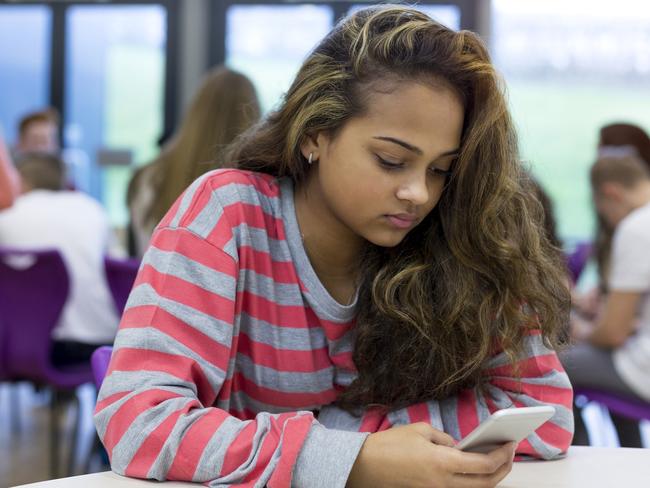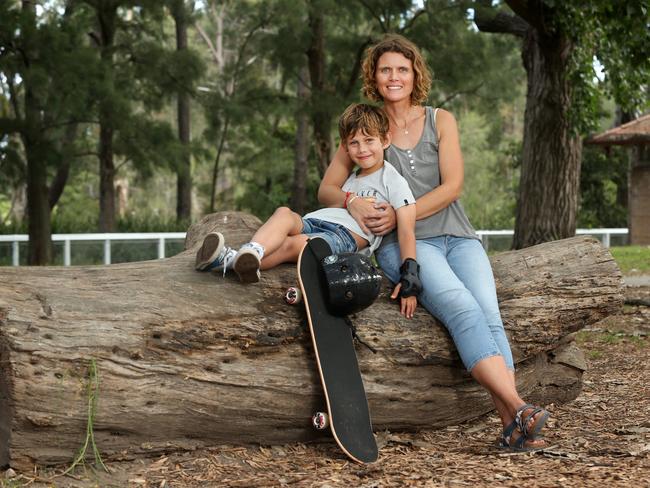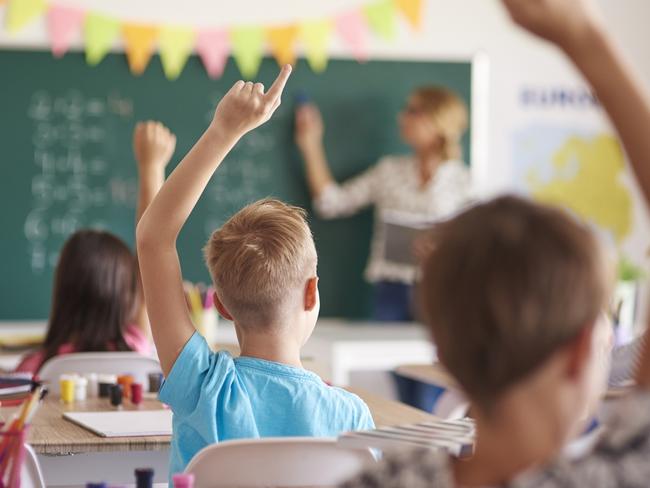Mental health lessons to stop culture of shame in schools
CHILDREN as young as five will be taught how to handle stress and depression in sweeping changes to the school syllabus designed to remove the ‘culture of shame’ around mental health.
NSW
Don't miss out on the headlines from NSW. Followed categories will be added to My News.
CHILDREN as young as five will be taught how to handle stress and depression in sweeping changes to the school syllabus designed to remove the “culture of shame” around mental health and tackle the scourge of youth suicide.
The Sunday Telegraph has obtained plans to overhaul the Personal Development, Health and Physical Education curriculum from kindergarten to Year 10, which could take effect as early as next year.

The move is designed to break the taboo surrounding youth suicide and mental ill-health.
Education Minister Rob Stokes said: “We have traditionally treated mental health problems as they’ve presented ... what we are now trying to achieve is to arm young people with the tools to identify any potential issues before they arise.
“This new syllabus will teach students about important issues in life that for too many generations have been overlooked by large sections of the community, and that has been a major problem.
“We are removing the culture of shame that has needlessly been attached to issues like mental health. By removing this stigma, we have the potential to prevent a great deal of suffering.”
The new syllabus includes games to subtly teach kindergarten kids the importance of increased self-esteem and how to manage stress, conflict and relationships in later life.

Students in Years 3 and 4 will be taught about life’s successes and failures and how to overcome adversity using the power of self-belief and optimistic thinking.
Frank classroom discussions about their feelings toward bullying and discrimination will also be encouraged.
Teenagers in Years 7 and 8 will be taught how to cope with the loss of loved ones, as well as strategies to dismiss “misconceptions” older generations may harbour about mental health.
Fifteen and sixteen-year-olds in Years 9 and 10 will be warned about domestic violence and drug abuse.
Former Australian of The Year and youth mental health expert Professor Patrick McGorry described the planned changes as a “much needed step” with impressive depth compared to “vacuous” and “superficial” attempts by other states.
However, Prof McGorry said it needed to be backed up by better access to treatment for teens suffering from anxiety and depression.
“This a tick for the government — it’s another vital brick in the wall,” Professor McGorry said.

Coogee mum Katie Briance, who said she worries kids today are powerless to escape the sinister side of social media, was “hugely in favour of more mental health education”.
“We need to normalise sadness, anger, frustration and shame, so our kids have the tools to acknowledge and deal with it before it becomes a problem,” Ms Briance said.
According to Ms Briance, many parents still felt uncomfortable or embarrassed to discuss mental health in any meaningful way with their children and were just as likely to “sweep it under the carpet”.


